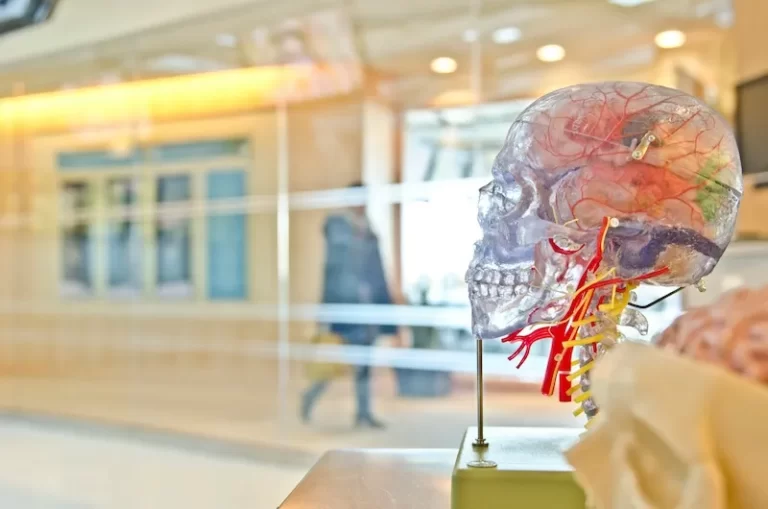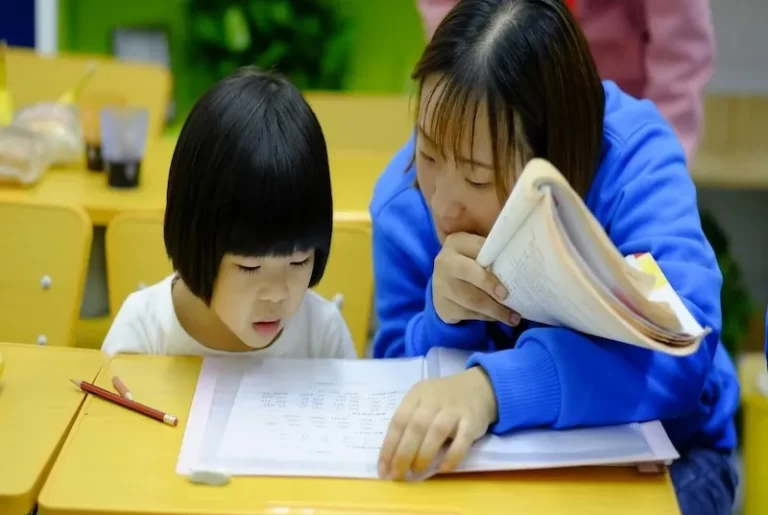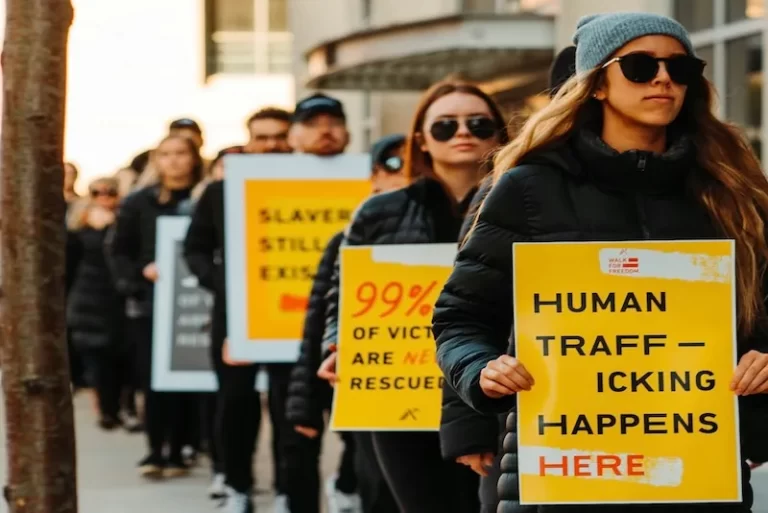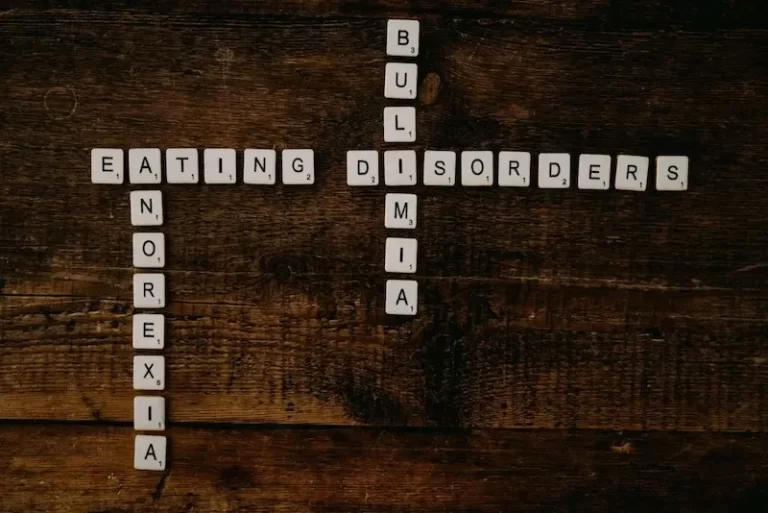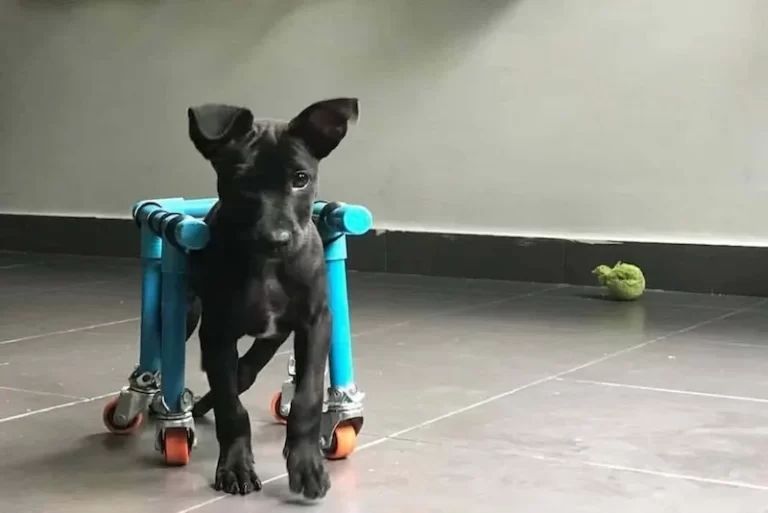How I Survived Brain Injury and Abuse
A Story of Resilience and Hope
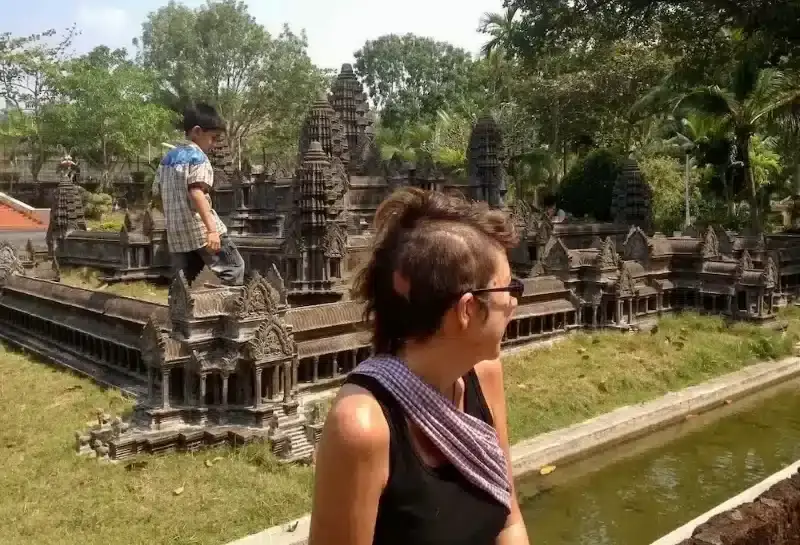
Healing after brain damage is one of the most difficult experiences I have faced in my life—yet it’s one I would never change. Every challenge, every moment of pain, has shaped me into the person I am today. According to Headway UK, 1 in 2 survivors of domestic abuse may live with a brain injury. This statistic hits close to home, as my story is intertwined with both.
Life has a way of testing us, pushing us to discover strengths we never knew we had. Recovering from brain damage requires a kind of resilience that leaves you proud of how far you have come. It is a journey of patience, self-discovery, and ultimately, transformation.
My name is Chantel Prince. I was born and raised in the U.K., in a beautiful coastal town called Bournemouth. But today, I call Cambodia home—a country I have grown to love deeply. Its people, its culture, and even its street animals have captured my heart. In fact, I love Cambodia more than I love cheese—and for me, that’s saying something!
Growing up in Bournemouth, I had what many would call a typical upbringing. I spent my days hanging out with friends, cheering on Bournemouth Football Club, working at a top hair salon, and eventually owning my own. But despite the outward success, I never truly felt happy. It wasn’t until I left the U.K. and moved to Cambodia that I found a sense of peace and purpose.
When I was younger, I thought I knew everything. I felt invincible. But at 53, I have come to realize that I don’t know it all—and I never will. More importantly, I have learned that I am not invincible. Life has a way of humbling us, and my journey through brain damage taught me that lesson in the most profound way.
One Night in Cambodia

One night in Cambodia, I made a decision that would change my life forever. I was getting ready to meet my ex-girlfriend for what I thought was a chance to help her. We had been apart for three or four months, but when she called, her voice was desperate. She said she couldn’t live without me, that she was lonely, missed her family, and was on the verge of ending her life.
I have always cared deeply about others, so I agreed to see her. But the moment she opened her front door, a chill ran down my spine. She was wearing a dress—something she never did. It was a small detail, but it felt wrong, like a warning I could not ignore.
I won’t go into the details of what happened that night. It involved the same patterns of abuse I’d endured before, but this time, it ended in blackness. For me, that night marked the end of one life and the beginning of another—a life I would have to rebuild from scratch.
“What Is Your Name?”
“Chantel.”
That was the first word I spoke when I woke up from my coma. I remember almost spitting it out, frustrated by the question. How could anyone think I wouldn’t know my own name? But then, the blackness returned.
Twelve years ago, that fateful night left me with life-altering brain damage. The injuries were severe: an epidural hematoma in the right temporal lobe, a midline shift to the left side, a retinal hemorrhage in the right orbit, fractures in my temporal and parietal bones, and a pneumothorax.
To save my life, I underwent a craniotomy to remove the blood clot that had pushed my brain to one side. Drains were inserted into my lung to address the pneumothorax, and my scalp was stapled shut. It was a brutal beginning to a long and painful journey of recovery.
Coma
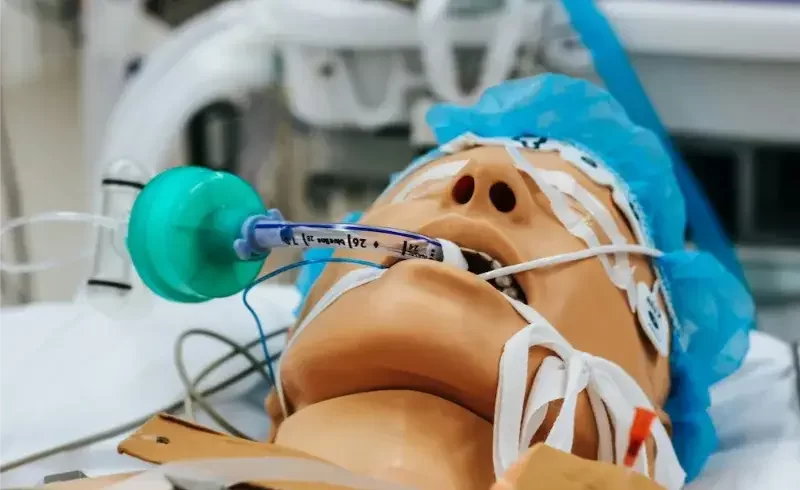
When I finally regained consciousness after the coma, my life had changed in ways I couldn’t yet comprehend. I woke up to a world where my brain no longer functioned as it once had. The damage was profound: I had no short-term memory, no sense of direction, no concept of time, and I was paralyzed down my left side.
Speaking was a struggle. It felt like I had duct tape over my mouth, trapping the words and emotions swirling inside me. I wanted to express myself, to explain what I was feeling, but the words wouldn’t come. It was as if my mind and body were no longer connected.
During those long, difficult days in the hospital, I was surrounded by an outpouring of love and support. Friends, family, and even strangers from the community went out of their way to visit me. Their kindness was a lifeline during my darkest moments.
My mom and dad were my constants, always by my side, doing everything they could to care for me. And, surprisingly, so was my ex-girlfriend. At the time, I didn’t fully understand the complexities of her presence, but I was grateful for the support—or so I thought.
Sadly, My Parents Were Abused
When my mum and dad first saw me in the hospital, they were devastated. They had just flown in from the UK, and it was my mum’s birthday—a day that should have been filled with celebration, not heartbreak. But the pain didn’t end there. After I woke from my coma, my ex-girlfriend subjected them to abuse, adding another layer of trauma to an already unbearable situation. It nearly destroyed them, but thankfully, my parents have an inner strength that carried them through.
A Long and Lonely Recovery
During my recovery, I didn’t have access to the intensive cognitive therapy typically available in Western countries. I had to navigate much of it on my own, with only sporadic—and often harmful—“help” from my ex-girlfriend. For a long time, I was consumed by fear. I didn’t feel safe doing even the simplest tasks alone. I desperately wanted to return to my parents’ home, to escape the toxic environment I was in, but I had no voice to express my needs.
Speaking was a monumental struggle. I would ask people for the first letter of a word, hoping it would trigger my memory. Even a simple word like “dog” felt impossible to recall. It was as if I had regressed to childhood, relearning the basics of communication.
I became timid, second-guessing every word I managed to say. “Did that make sense? What did I just say?” I’d wonder, even when I was speaking clearly. The doubt was constant, a shadow over every attempt to express myself.
Strength

Throughout my life, communication had always been one of my greatest strengths. I prided myself on understanding words, listening deeply, and expressing myself with clarity and confidence. But after the brain damage, that strength was gone.
I was left frustrated and confused, trapped in a mind that no longer worked the way it once had. Self-expression, communication, and creativity—the very things that had defined me—became my weaknesses. My vocabulary was reduced to that of a child.
Though my friends and family never said anything to make me feel bad about my condition, I could see it in their faces: the shock, the pity, the uncertainty. But deep down, I knew this wasn’t permanent. It could have been, but I was determined to prove otherwise. I threw myself into the exercises to recondition my brain, refusing to accept defeat.
Then I discovered something that shook me to my core. My ex-girlfriend had been dosing me with tramadol every four hours, using the medication to control me even further. When I found out and took myself off the drug, her reaction was violent. She locked me in the house and stabbed me in the hand. It was a stark reminder of the toxic environment I was trapped in—and the strength I would need to escape it.
I Can Do It
From the moment I was born, I’ve always wanted to do things my way. At four years old, I insisted on tying my own shoes, dressing myself, and even making my own food. I didn’t want help from anyone.
That same stubborn independence stayed with me, even after the brain damage. When doctors gave me exercises to recondition my brain, my first thought was, Get out of my way. You’re not helping me—you’re holding me back. I saw them as obstacles, not allies. Even though I couldn’t articulate it as clearly as I could when I was five, I was still the same determined person inside.
At the beginning, I had zero short-term memory. It took me nearly 10 years to feel like myself again—to communicate comfortably and trust others. But that only happened when I made a conscious decision: What happened to me is out of my control, but my life is mine to shape.
Five years ago, I learned a devastating truth. My ex-girlfriend’s sister told me that her sister had tried to kill me. The entire town had been fed lies from the moment I woke up from my coma. The revelation nearly broke me, but only temporarily. I reminded myself that the brain is extraordinary—it can heal anything if you’re willing to put in the work.
The brain is like a muscle; it needs exercise to grow stronger. I’ve always loved physical exercise, and that dedication gave me the strength to survive. During my recovery, I worked tirelessly to pay back the money I’d borrowed for my “accident.” I took on two jobs, working seven days a week. It was humbling, but it taught me discipline and resilience.
One day, while sitting in the shop, I felt something strange happening in my brain. It was a physical sensation, as if something inside was shifting. I don’t know if it was the swelling going down or my brain rewiring itself, but it was the strangest—and most hopeful—feeling I’d ever experienced.
Awakening to a New Me
Over the years since the accident, I’ve learned profound lessons about life and myself. I’ve grown to listen to my body in ways I never did before, understanding its needs and signals with clarity. Most importantly, I’ve learned the power of perseverance—that with determination, anything is possible.
The same mind-body connection that fueled my recovery from brain damage has become a cornerstone of my life. It’s helped me overcome physical challenges and pushed me to keep learning and growing. This journey led me to study psychology and become an Emotional Intelligence life coach, a role that allows me to help others navigate their own struggles.
Today, I teach online and volunteer as an English teacher. I’ve also found joy in helping the local street dogs, cats, and their owners. Every day, I walk through my village, connecting with the community and its animals. Once a month, I distribute free medicine to protect dogs from ticks, mange, and worms. It’s my way of paying it forward, sharing the kindness and support that helped me during my darkest days.
Takeaway

The journey through brain damage and abuse ultimately led me to my true purpose: to motivate and inspire others. During my recovery, I had countless hours to reflect on life, and I realized I’d been given a second chance—a chance to make a difference.
I transformed from someone who once thought, It’s all about me, to someone whose mission is to help others. My story became my most powerful tool—a source of inspiration for anyone facing adversity. I share it to remind people that no matter how difficult life gets, you can overcome anything.
If you or someone you know is navigating the challenges of brain injury, I encourage you to seek support. Two incredible resources are Headway UK, a leading organization for brain injury survivors, and the Brain Injury Hope Foundation, which offers support groups, resources, and a compassionate community for survivors and their families.
Books That Helped Me Recover
Along the way, I found incredible wisdom in books that guided my healing and growth. Here are a few that made a profound impact on me:
- The Happiness Hypothesis by Jonathan Haidt
A deep dive into why change is so difficult and how to find lasting happiness. - Atomic Habits by James Clear
A practical guide to building habits that transform your life. - Breaking the Habit of Being Yourself by Joe Dispenza
A science-backed approach to rewiring your brain and creating lasting change. - Will I Ever Be Good Enough? by Dr. Karyl McBride
A compassionate guide to healing from the effects of a narcissistic parent. - Highly Sensitive Empaths and Narcissists by Victor Murphy
A book that empowers empaths to navigate relationships with narcissistic individuals. - The Highly Sensitive Person’s Guide to Dealing with Toxic People by Shahida Arabi
A toolkit for recognizing and responding to manipulation and toxic behavior.

